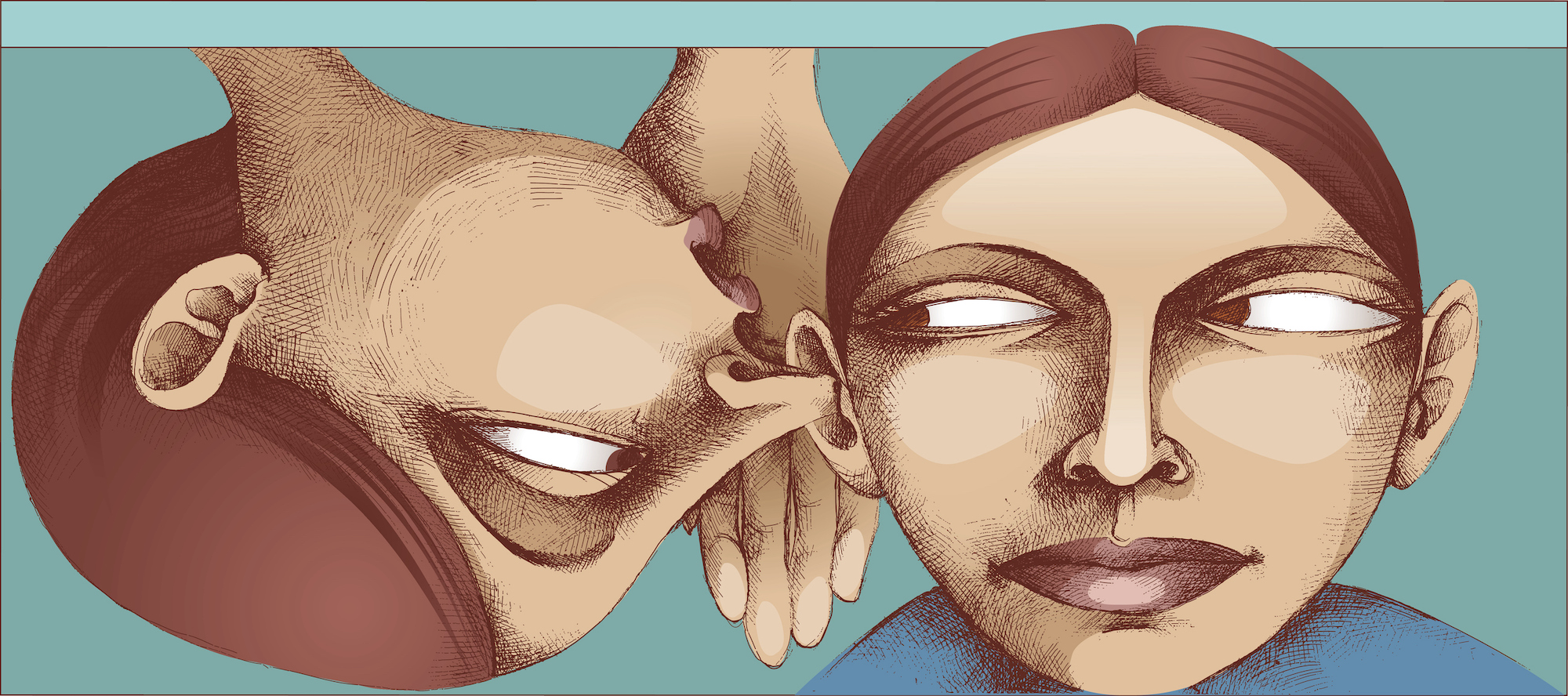
Chatting about ChatGPT
In November 2022, the release of ChatGPT, a free-to-use chatbot based on GPT-3, brought powerful language models to the public. The educational sector faced a dilemma as the bot’s ability to assist in writing essays and passing exams sparked debates on whether to embrace or ban its use.



 Martine Kropkowski is a writer and alumnus of Griffith University. Martine is currently a HDR candidate at The University of Queensland. Her research examines folklore practice in the online space, including the narrative techniques that communities employ to generate and communicate conspiracy rhetoric.
Martine Kropkowski is a writer and alumnus of Griffith University. Martine is currently a HDR candidate at The University of Queensland. Her research examines folklore practice in the online space, including the narrative techniques that communities employ to generate and communicate conspiracy rhetoric.
